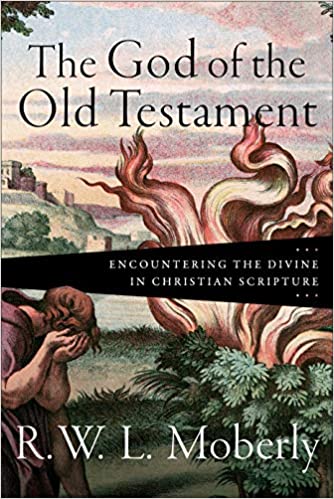Q. When I read Dale Martin’s Biblical Truths volume the thing that bothered me the most about it was his rather cavalier theory of meaning. He wanted to argue that texts don’t have meanings, people do, and anyway meaning is largely either in the eye of the beholder or in the interaction between the reader and the text, it does not lie in the text itself. This gave him permission to read all kinds of things into the text (for example in regard to the nature of the relationship between David and Jonathan). While I certainly agree that we all bring things to our reading of a text, as we are not like blank blackboards, but rather active readers, this does not excuse the mistaken notion that texts don’t have meanings. Of course they do, and writers have put those meanings in that combination of words. And it is not our job to tell the text what it ought to mean, but rather to try and figure out the intended contextual meaning the author or authors or editors wanted us to discern when reading the text. This to me is the most basic way of respecting the right of writers to speak for themselves and to try and hear their voices and meanings. And all the more is this the case if the book is supposed to be a revelation from God Almighty. As a result, I would distinguish between the meaning of a text (and would say what it meant when written is still what it means today) and its later significance for us and also its later application. A text can have significance for someone today that goes beyond the original meaning of the text. I bring all of this up to ask—– when you are studying and discerning OT theology, what is your understanding of meaning? Would you agree with the mantra that a text without a context is just a pretext for whatever you want it to mean?
A. I must confess that “theories of meaning” don’t do much for me! Like you, I’m not persuaded by Dale Martin’s account. But I’m not sure that I want to offer a formal alternative, other than the general principle that the meaning of words is determined by use in context. Part of the point of the mantra about text/context/pretext is that people often too easily recontextualize biblical words into new contexts without realizing what they’re doing. (I have no problem with the evangelistic use of Rev. 3:20 “Behold, I stand at the door and knock…”, since the words can validly mean what the evangelist uses them to mean – as long as it is not also claimed that this is the force of the words in Rev. 3:20 itself, where they are a warning more than an invitation).
Although there is an obvious sense in the distinction between “meaning” and “significance” I’m nervous if it leads to any strong distinction between “what a text meant” and “what a text means”. Part of what I’m trying to do is to engage the subject matter of Scripture, and for that the two-way interaction between text and interpreter – to seek to establish what the text means – is both inevitable and has an outcome that can sometimes be hard to predict.













